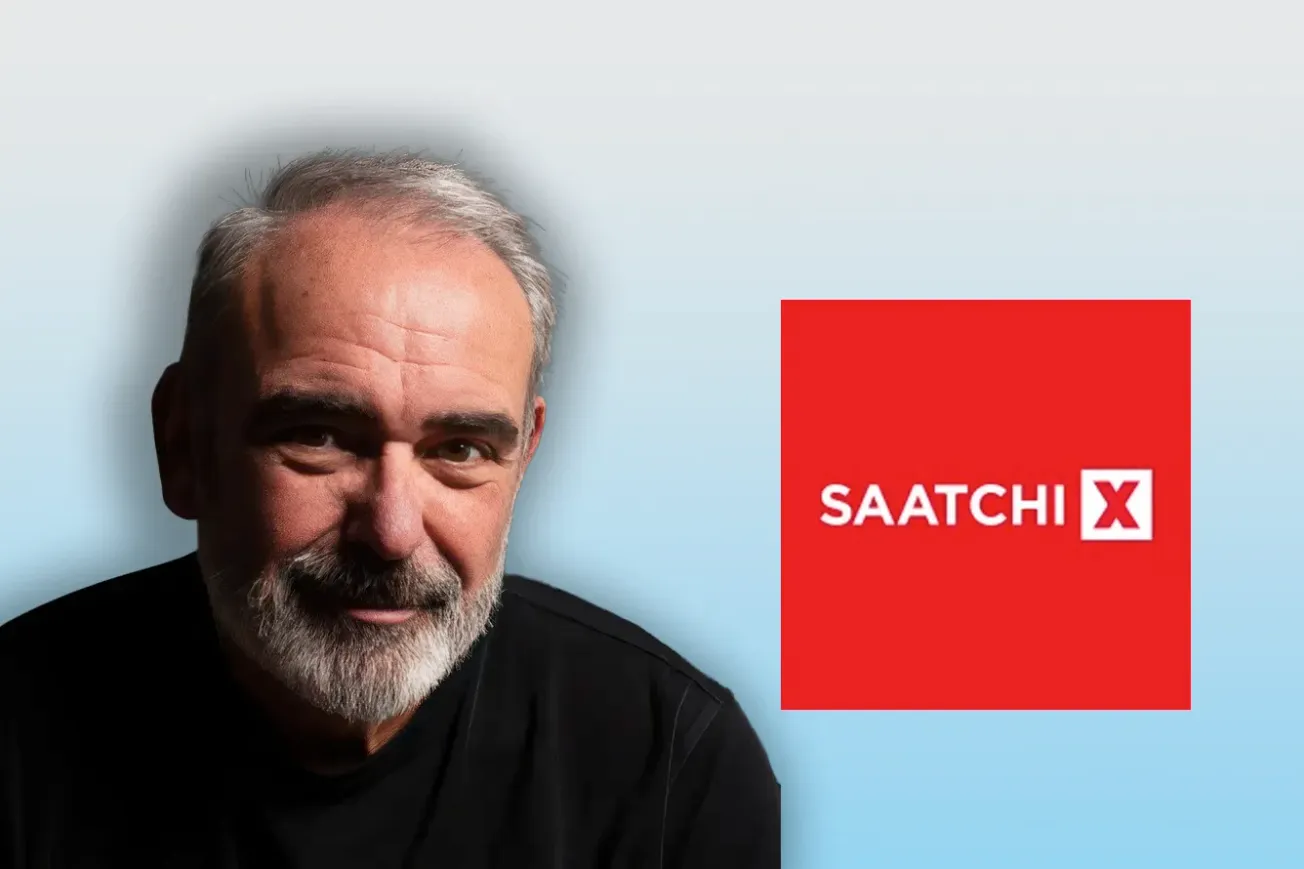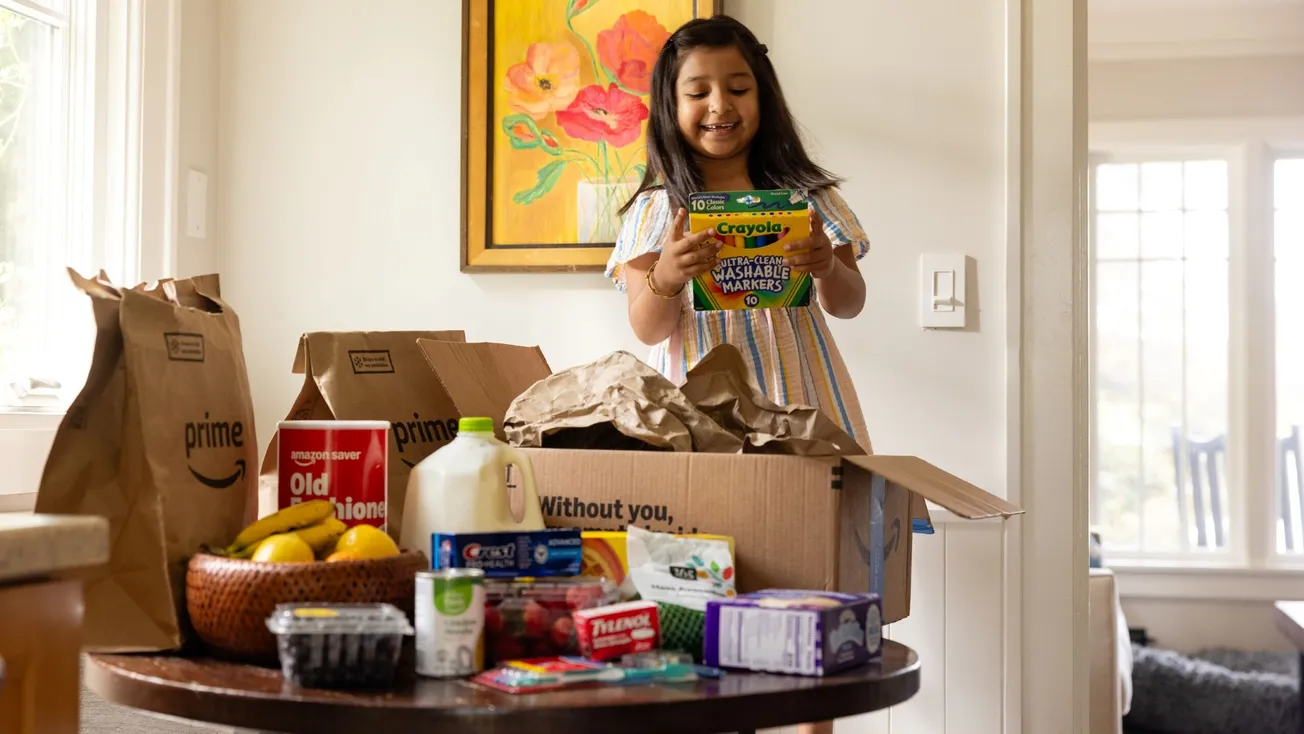SCOTTSDALE, Ariz. — If the operators of traditional supermarkets intend to command as prominent a position on the retailing scene of the future as they do today, they must act audaciously to fend off competition from a growing range of sources, in particular e-commerce, and stay in sync with the changing expectations of consumers. Driven home repeatedly at the FMI Midwinter Executive Conference here last month, that message was perhaps best expressed by Leslie Sarasin, president and chief executive officer of the Food Marketing Institute. In her remarks on the future of food retailing, Sarasin asserted that it is time for supermarketers to rethink their basic approach.
“If we don’t compete well with alternative venues and emerging channels, the slice of the pie the traditional food retailer competes for will just keep getting smaller,” she said. “If we continue to view the competition in the traditional sense, it will simply mean that more and more of us are going after an increasingly diminishing business opportunity.
“I suggest that our main threat isn’t each other; it’s restaurants, fast food, convenience stores, mail-order meal kits, vending machines — basically any entity cutting in and grabbing a share of the 14 meals and the 14 to 21 snack occasions that each week presents for each of our customers. Every meal lost to one of these new competitors takes us closer to the razor’s edge.”
Sarasin acknowledged that the first response of supermarket operators who find themselves in an environment where changes are occurring at an unprecedented rate might be to play defense, but cautioned against that strategy.
“Our industry finds itself at a critical juncture,” she said. “A number of factors may contribute to a sense of wariness, an impulse to exercise caution, develop a wait-and-see strategy for survival. It’s only natural when we’re feeling challenged to have an impulse to hunker down, play it safe, hope the slump works itself out and wait for the dust to settle. After all, when things are being disrupted, our instinct is not to add fuel to the disturbance.
“But I would remind all of us that if we succumb to the temptation to proceed cautiously, it can sometimes prove to be the least safe thing to do. …
“This, I believe, is actually the best time for the food retail industry to be bold and move decisively to shape the future we want. This is our opportunity to engage and act, because I believe those not shaping the future will get shaped by it. This is when we must dare to dream and to dream big.”
The consensus among conference attendees was that traditional grocers still have what it takes.
“This industry that has always been a hotbed of innovation is entering a new age, a digital age, which challenges us to change again in new and dramatic ways,” Hank Meijer, CEO of Meijer Inc. and chairman of the meeting, said.
“The supermarket model that evolved in the 1950s and ’60s and ’70s introduced our customers to one innovation after another, from carts to frozen food to conveyor belts at the checkout to automatic doors — all were ways to ease the shopping experience. When general merchandise retailers entered the grocery business, a new format — one in which we participated coming from our food heritage — altered the brick-and-mortar retail landscape. So did restaurants, of course, but eating out was still an occasion. That all now seems so last century.”
The current century has its own set of challenges for traditional grocers. E-commerce is booming, retailers from a variety of trade classes are vying for food and beverage sales, and consumers are increasingly discerning about the products they purchase.
“From Amazon to Blue Apron to restaurant takeout, the world of food retailing seems to have undergone it’s own Big Bang,” Meijer noted. “My dad, Fred, said some things that we have absorbed into our culture. One was, ‘Everything now being done is going to be done differently, and it’s going to be done better. And if we don’t do it, our competitors will.’ ”
Supermarket operators of all sizes have taken up the challenge. While discussing his priorities as FMI chairman, Bristol Farms Inc. CEO Kevin Davis said independent operators can expect strong support from the association.
“Every major chain, if you go back far enough, started at some point as an independent operator, probably with only one store,” he said. “Most every food industry innovation — new format, concept or go-to-market strategy — started as an idea by somebody who had, at most, a few stores. Many new ideas, of course, don’t pass the test of time, but some turn into giants that change the face of food retailing forever. I believe that independent operators might represent 15% to 20% of industry sales, but perhaps as much as 80% of our future.”





